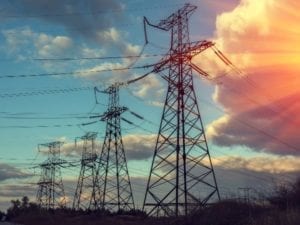The South African government has allocated an extra R59 billion to state-owned power utility Eskom over the next two years so it can service its debt.
Eskom, which supplies more than 90% of the country’s electricity, fails to generate sufficient profit to meet its debt servicing costs and has required state cash injections to stay afloat. The latest allocation, sourced from the government’s National Revenue Fund, provides R26 billion for the 2019/20 financial year and R33 billion for 2020/21. “For the purpose of promoting transparency and the effective management of the amount … the Minister of Finance, in writing, may impose conditions to be met by Eskom before any part of the amount is transferred,” read a special appropriation bill released by Reuters on Monday. The bill specifically states that the money must be allocated to Eskom to “assist with its financial obligations”. Finance minister Tito Mboweni explained that Eskom is financially unsustainable and poses the “biggest risk” to the financial fiscal framework because of its financial difficulties and its negative impact on lives.“Given the high risks of a systemic failure if Eskom were to collapse, government is urgently working on stabilising the utility, while developing a broad strategy for its future.”
The additional funding will have implications for the public purse, Mboweni warned. “We should be reminded that fiscal support announced today will come at a significant cost to the fiscus and SA taxpayers,” Mboweni warned. In April, Mboweni authorised more than R17 billion for Eskom following a delay in the utility accessing funding from the China Development Bank. Beyond the cash injections, South Africa is also weighing other support options for Eskom including swapping the firm’s debt for government bonds or ring-fencing it in a special account, a senior treasury official said earlier in the month. This bailout comes with conditions imposed by the finance minister, before and after the monies are transferred, according to the bill. If the conditions are not met, the minister can stop the use of the monies.






